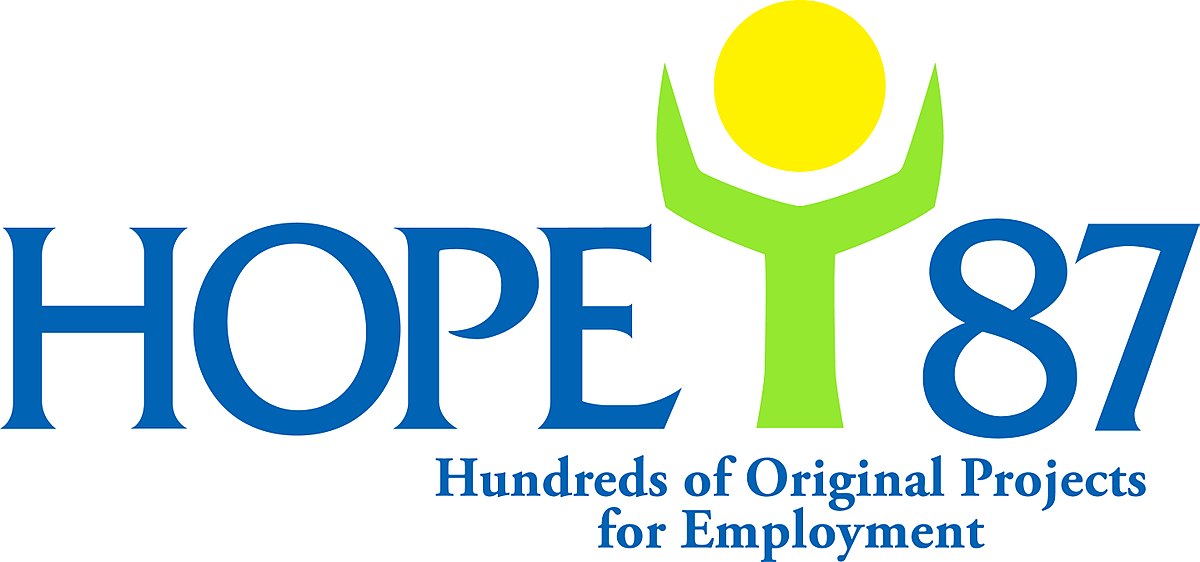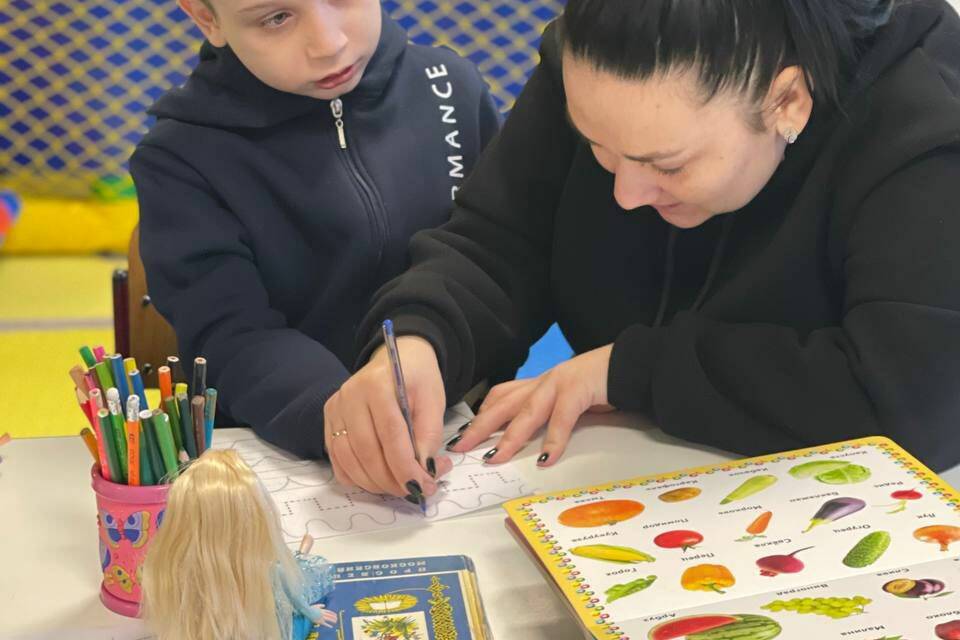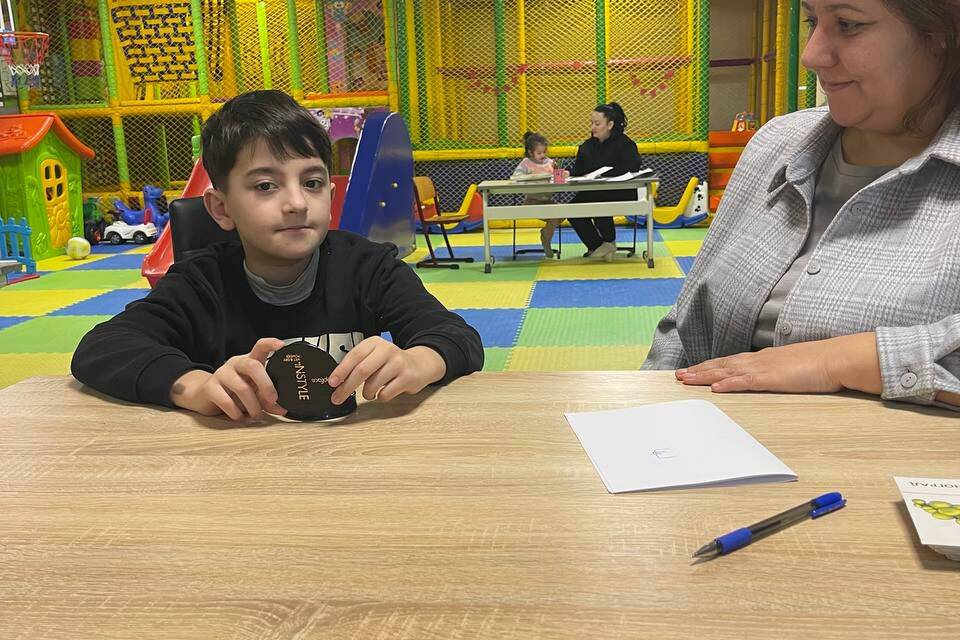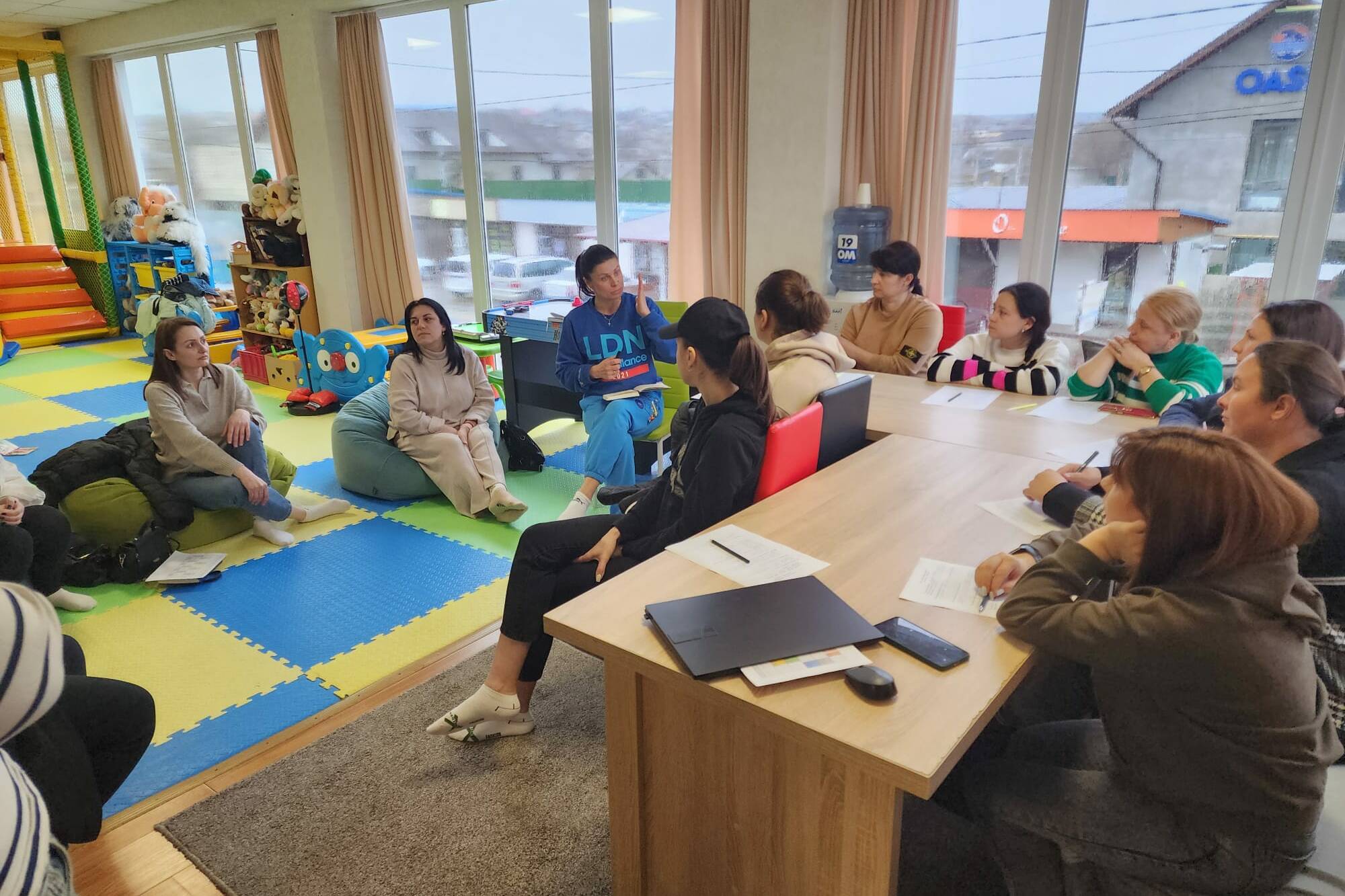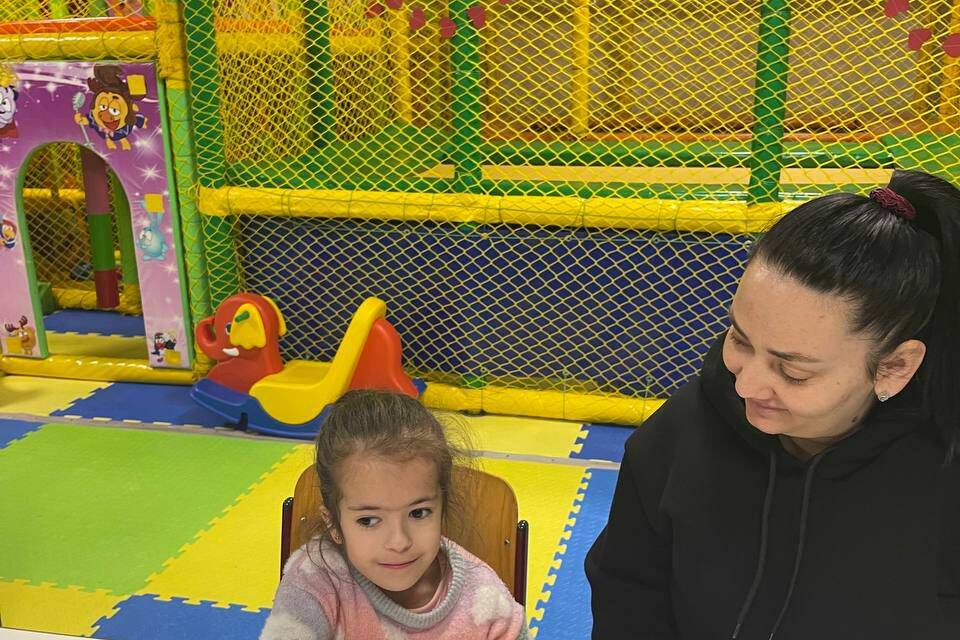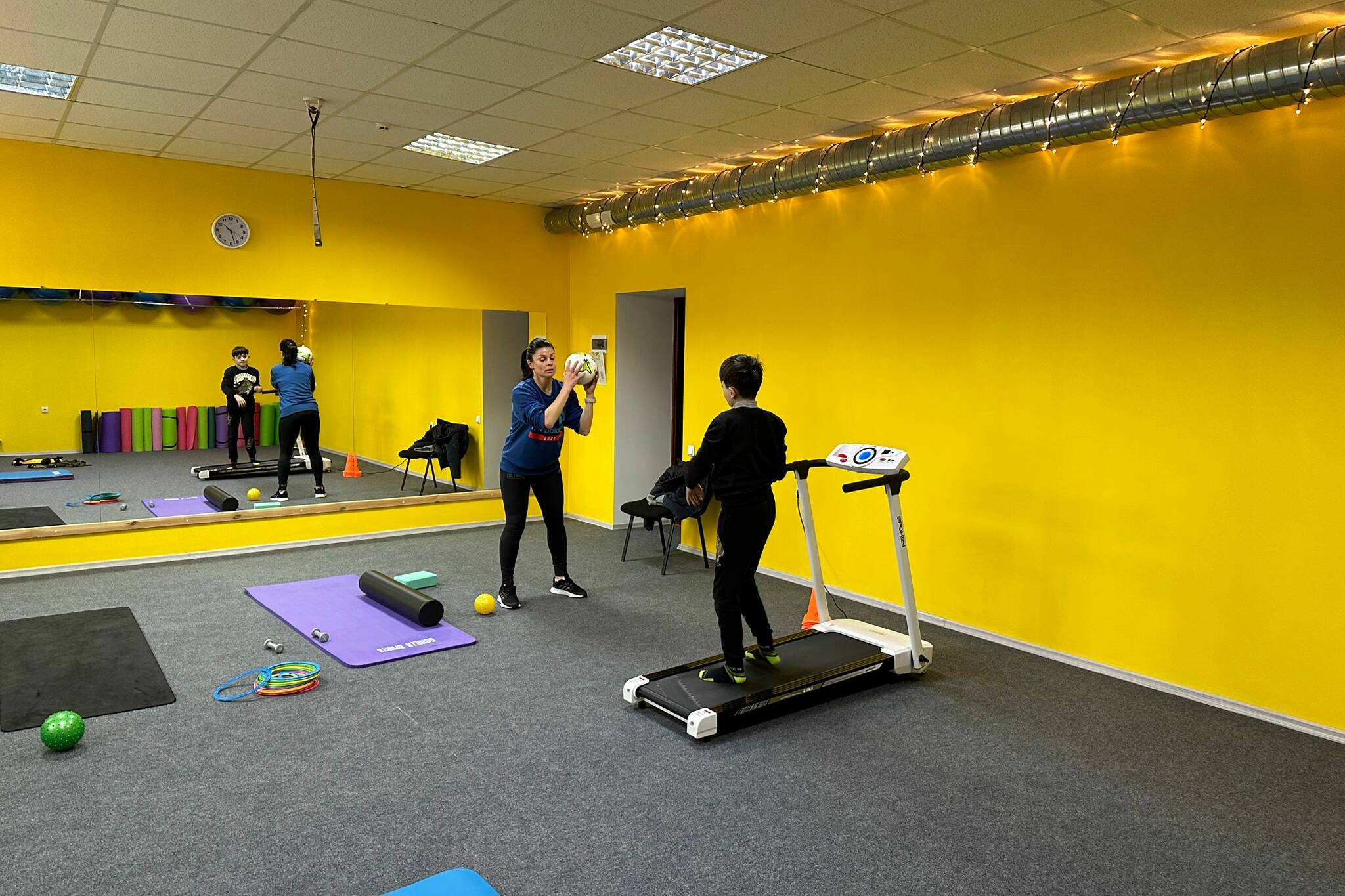The world is one for all!
Autism is a neurological condition that affects individuals from childhood. The behavioral issues resulting from this condition have an impact on the socialisation of children in educational institutions, schools, and kindergartens. Many of these children struggle to successfully integrate into peer groups of their age. As a result, many of these children grow into adults with difficulties in societal integration. Furthermore, autism also affects the parents of these children. Unprepared, these parents withdraw from society, distancing themselves from friends and family. The loneliness associated with the issue of autism is challenging for many parents to bear. In the Republic of Moldova, autism affects several hundred children, according to official statistics, although this number seems to be underestimated because diagnosis is complex, and many parents refuse to acknowledge that their children may be affected by this condition. Furthermore, the war in Ukraine has brought thousands of Ukrainian refugees, including children with autism, who are in a crisis situation that exacerbates their existing challenges.
There is also good news. Science has made tremendous progress in helping individuals with autism, and pedagogical methods show that significant progress can be made for these children and their inclusion in society. The chances of success are even greater when these methods are applied to children at an early age, between 3 and 10 years old. When affected by autism, behavioral issues arise due to external factors, such as sounds, light, motoric incapacity to react to these factors, etc. Therefore, it is important to identify these factors for each child individually and to help the child adapt to their environment. The pedagogical methods need to be consistently applied for the greatest effect. It is crucial to understand that autism is not a mental deficiency, and the majority of these children have a very advanced level of intelligence, requiring only appropriate guidance for them to flourish. To assist these children, their entire environment must be mobilised: educators in kindergartens, teachers in schools as well as their families at home.
With well-thought-out education and timely corrective and developmental interventions, children with autism or cognitive issues can be successfully integrated into their environment. One of the key aspects in achieving this goal is educating the public about the autism spectrum and recognising the diversity it represents. The more people understand autism, the easier it will be for them to accept and support inclusive and equal opportunities for all.
HOPE’87 has always been at the forefront of inclusive education, especially for children with special educational needs and from the most humble backgrounds. That’s why HOPE’87 Moldova, together with UNICEF in Moldova, with the support of the governments of Norway and Italy, is implementing a project for the inclusive education of these children. The aim of this project is to train teachers, educators and instructors who work with these children in schools and kindergartens with the latest methods of approaching children with autism. The project’s priority will be given to refugee children from Ukraine and Moldovan children from the most disadvantaged social backgrounds. The pilot project will be concentrated in Gagauzia. In total, approximately 50 children will benefit from specialised services such as speech therapy, psychology, neuro-motor education and language-adapted courses. They will receive resources for neuro-motor development, and 2 centers in Ceadâr-Lunga will be equipped with specialised motor development equipment. Furthermore, the project will develop methodologies for children’s development, and educators, teachers and instructors will be introduced to these methodologies. The development of these methodologies will be done in collaboration with the Republican Center for Psychopedagogical Assistance. A significant emphasis will also be placed on educating parents so that they can continue the necessary assistance at home for these children, based on the methodologies developed by the project.
Here you can read more about this project at “Vector European”, a Moldovan press and TV medium (in Romanian): http://vectoreuropean.md/speranta87-moldova-lumea-este-una-pentru-toti/
